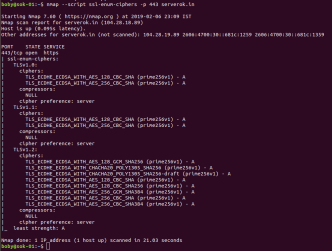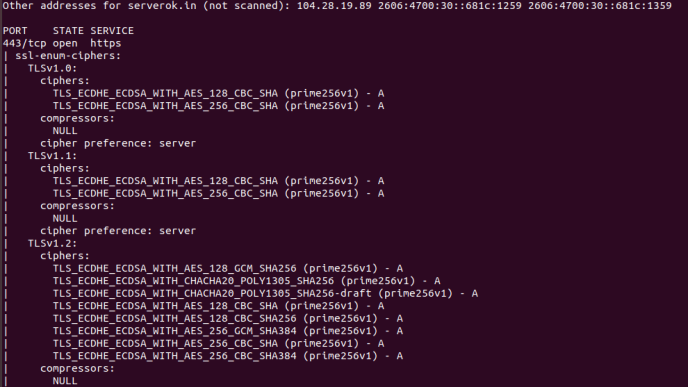To run Laravel Application on a subfolder of a website, use the following configuration. If you run the Laravel application as the main site, see Nginx Config for Laravel Application
# subFolderApp1
location /subFolderApp1 {
alias /home/yorudomain.com/html/subFolderApp1/public;
try_files $uri $uri/ @subFolderApp1;
location ~ \.php$ {
include snippets/fastcgi-php.conf;
fastcgi_param SCRIPT_FILENAME $request_filename;
fastcgi_pass unix:/run/php/php7.2-fpm-torrentp.sock;
}
}
location @subFolderApp1 {
rewrite /subFolderApp1/(.*)$ /subFolderApp1/index.php?/$1 last;
}
# end subFolderApp1Here you place the Laravel application in a subdirectory “subFolderApp1”.
Example
server {
server_name serverok.in www.serverok.in;
root /home/serverok.in/html/;
index index.php index.html index.htm;
client_max_body_size 1000M;
proxy_read_timeout 600s;
fastcgi_read_timeout 600s;
fastcgi_send_timeout 600s;
location / {
try_files $uri $uri/ /index.php?$query_string;
}
# service
location /service {
alias /home/serverok.in/html/service/public;
try_files $uri $uri/ @nested1;
location ~ \.php$ {
include snippets/fastcgi-php.conf;
fastcgi_param SCRIPT_FILENAME $request_filename;
fastcgi_pass unix:/run/php/php7.2-fpm-torrentp.sock;
}
}
location @nested1 {
rewrite /service/(.*)$ /service/index.php?/$1 last;
}
# end service
location ~ \.php$ {
include snippets/fastcgi-php.conf;
fastcgi_intercept_errors on;
fastcgi_buffers 16 16k;
fastcgi_buffer_size 32k;
fastcgi_pass unix:/run/php/php7.2-fpm-torrentp.sock;
}
listen 443 ssl; # managed by Certbot
ssl_certificate /etc/letsencrypt/live/serverok.in/fullchain.pem; # managed by Certbot
ssl_certificate_key /etc/letsencrypt/live/serverok.in/privkey.pem; # managed by Certbot
include /etc/letsencrypt/options-ssl-nginx.conf; # managed by Certbot
ssl_dhparam /etc/letsencrypt/ssl-dhparams.pem; # managed by Certbot
}
server {
if ($host = www.serverok.in) {
return 301 https://$host$request_uri;
} # managed by Certbot
if ($host = serverok.in) {
return 301 https://$host$request_uri;
} # managed by Certbot
listen 80;
server_name serverok.in www.serverok.in;
return 404; # managed by Certbot
}






